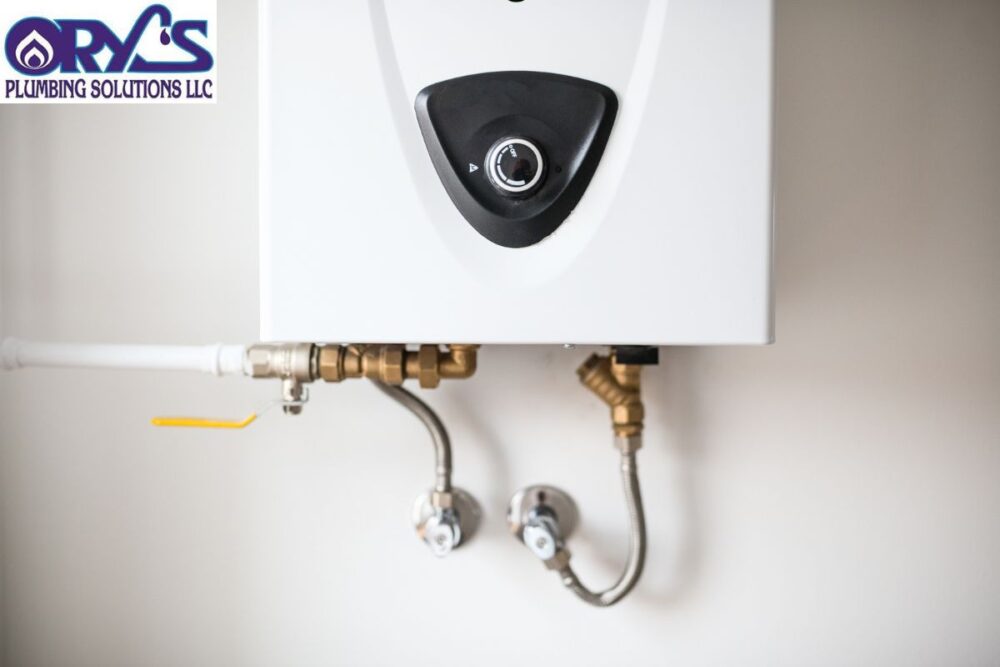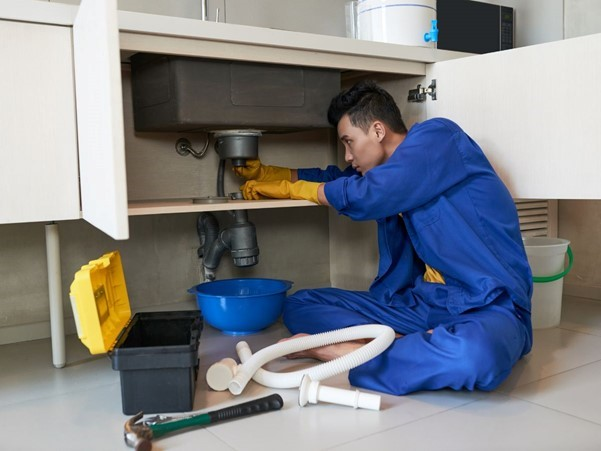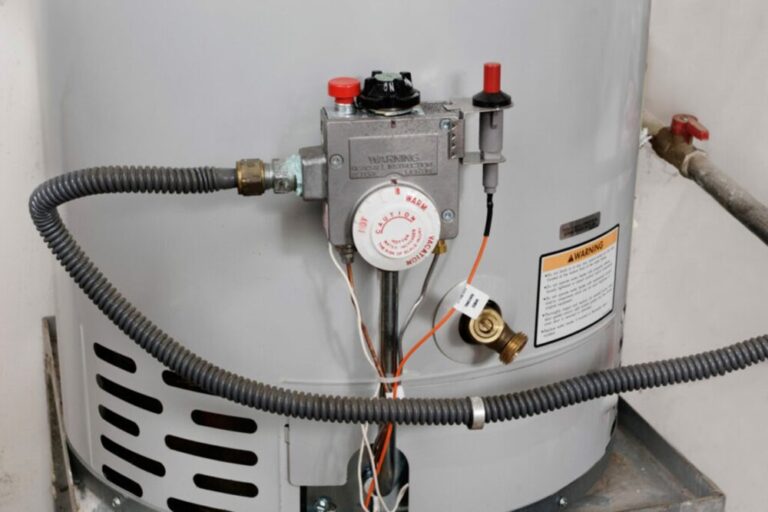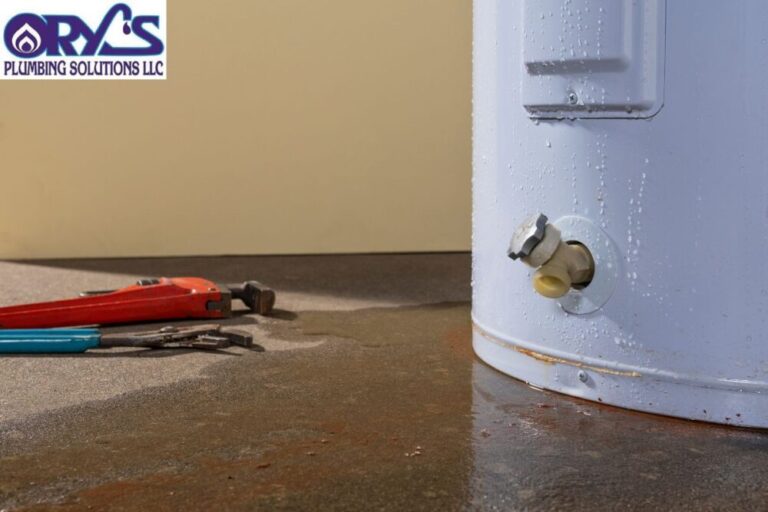What Causes an Electric Hot Water Heater to Stop Working
Key Takeaways
- Power issues like tripped breakers or faulty wiring are common reasons electric water heaters stop working.
- Heating elements can burn out or get damaged by mineral buildup, reducing or stopping heat.
- Faulty thermostats may fail to regulate water temperature or trigger overheating shutoffs.
- Sediment buildup in the tank lowers efficiency, causes strange noises, and can lead to overheating or element failure.
An electric hot water heater warms the water in your home for showers, washing dishes, and more. It uses electrical power to heat water stored in a big tank, so you always have hot water ready. When it stops working, it can make daily life frustrating. Understanding the main reasons why your electric water heater may fail helps you find a solution quickly or decide when to call a repair expert.
Common Causes Why an Electric Hot Water Heater Stops Working
Power Supply Problems
Your electric water heater needs electricity to work. Sometimes, the circuit breaker connected to it trips because of a short circuit or overload. When this happens, power stops flowing to the heater, so it won’t heat water. A blown fuse can cause the same problem. Also, if wires inside the heater are loose, broken, or corroded, electricity can’t reach the heating parts, leading to failure.
Faulty Heating Elements
Inside the tank, electric coils called heating elements produce heat for the water. Over time, these elements wear out from constant heating or get covered with rust or mineral deposits. When a heating element stops working, the water never gets hot. Some heaters have two elements—if one fails, you might get only limited hot water or no heat at all.
Broken Thermostat
The thermostat controls when the heating element turns on and off by measuring the water temperature. If the thermostat breaks, it may not send the right signals. This can cause the water to be too hot, too cold, or never warm up. You might notice water temperature changes or no hot water at all if the thermostat is faulty.
Overheating and Safety Shutoff
Modern heaters have safety switches that shut down the heater if it gets too hot. This prevents damage or fire risk. Overheating can happen when the thermostat malfunctions or heating elements get stuck turned on. Low water levels inside the tank can also cause overheating because the heating elements are exposed to air and get too hot.
Sediment Build-Up in the Tank
Water contains minerals that settle at the bottom of the heater’s tank over time. This sediment layer makes it harder for the heating elements to warm the water, reducing efficiency. Heavy sediment buildup can cause heating elements to fail early, produce strange noises, or trigger the overheating shutoff. It can also reduce the amount of hot water available.
How to Troubleshoot an Electric Hot Water Heater
Step 1: Check Power Supply
Go to your circuit breaker box and see if the breaker for the water heater has flipped off. If yes, reset it by flipping it back on. If the breaker trips again, don’t keep resetting — this means there’s an electrical problem needing a professional. Also, inspect the water heater’s power switch (if it has one) and wiring connections for damage or looseness.
Step 2: Test Heating Elements
Using a multimeter, check the resistance of the heating elements. If the reading is very high or shows no continuity, the element is broken and needs replacement. If you’re unsure how to do this safely, ask a pro. Remember to always turn off the power before opening the heater’s access panels.
Step 3: Check the Thermostat
Look for the thermostat unit near the heating elements. Use a multimeter to test if it is working. Adjust the temperature dial to around 120°F (49°C), which is safe and energy-efficient. If the heater doesn’t respond or water temperature doesn’t change, the thermostat might be faulty.
Step 4: Look for Warning Signs
Listen for popping or banging noises when water is heated — these often mean sediment buildup. Check for water leaks which can damage electrical parts and cause failure. Smell for burning plastic or electrical odors and shut off the heater immediately if you detect them.
When to Call a Professional
Electric water heaters involve electricity and water both can be dangerous if handled wrong. If you find broken wires, repeated circuit breaker trips, or can’t diagnose the problem, call a licensed plumber or electrician. They have the right tools and training to fix issues safely.
Also, never try to repair the heater if you smell burning or see smoke. This signals a serious electrical problem that could cause fire or injury. Professionals can also help if the heater is leaking or if you need parts replaced like heating elements or thermostats.
Tips to Prevent Your Water Heater from Stopping
Flush the Tank Regularly
Once or twice a year, flush your tank to remove sediment buildup. This keeps heating elements working well and improves water heater efficiency.
Check Thermostat Settings
Keep the temperature around 120°F to avoid overheating and save energy.
Inspect Electrical Components
Occasionally check the wiring and circuit breaker connected to your heater for loose connections or damage.
Avoid Overuse:
Don’t expect a small water heater to supply hot water for many people at the same time. Overloading can strain the heater and cause it to fail sooner.
Schedule Professional Maintenance
Once a year, have a specialist inspect your water heater to spot and fix small problems before they get bigger.
Conclusion
Electric hot water heaters stop working mostly because of power supply problems, broken heating elements, faulty thermostats, overheating, or sediment buildup. You can do simple checks like resetting breakers, adjusting thermostats, or flushing the tank to fix minor issues. However, electrical repairs and complicated problems require professional help for safety and effectiveness. Regular care helps your water heater last longer and keeps your hot water flowing steadily.
Frequently Asked Questions (FAQs)
Why is my electric water heater not heating water?
It could be a power issue, broken heating element, or a problem with the thermostat.
How do I reset my electric water heater?
Turn off the power, locate the reset button (usually red) on the thermostat or control panel, and press it. Then turn the power back on.
How long does an electric water heater usually last?
Most electric water heaters last around 8 to 12 years with proper maintenance.
Can I fix heating elements myself?
If you have electrical knowledge and safety gear, yes. If not, it’s safer to hire a professional to avoid shocks or damage.
Want to Learn More About Water Heaters?
If you found this guide helpful, don’t stop here! Check out these other helpful articles to understand more about water heater problems, solutions, and maintenance tips:
5 Common Problems of Water Heaters
How Long Does a Hot Water Heater Last
What Size Tankless Water Heater Do I Need
What Are the Signs of a Failing Water Heater
How Long Does a Water Heater Take to Heat Up
What Causes a Tankless Water Heater to Stop Working
Should I Repair or Replace My Water Heater?
What Causes a Gas Water Heater to Stop Working
Stay informed and keep your hot water running smoothly with expert advice from Orys Plumbing Solutions!




